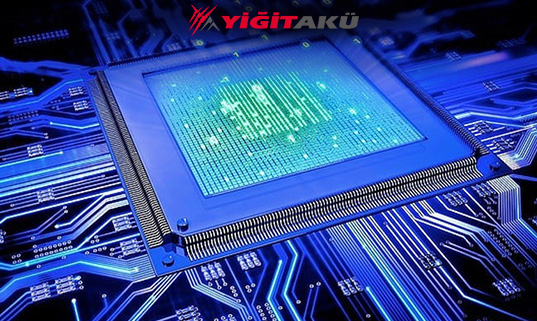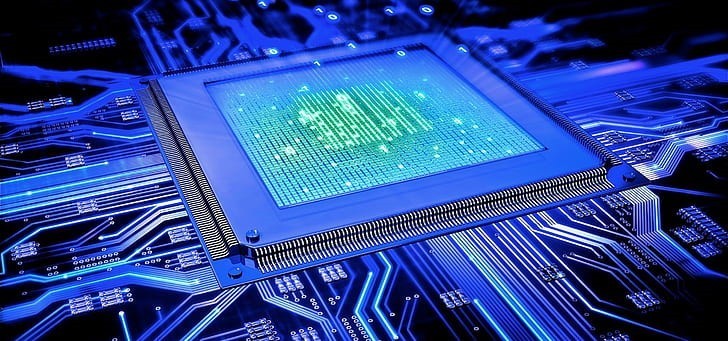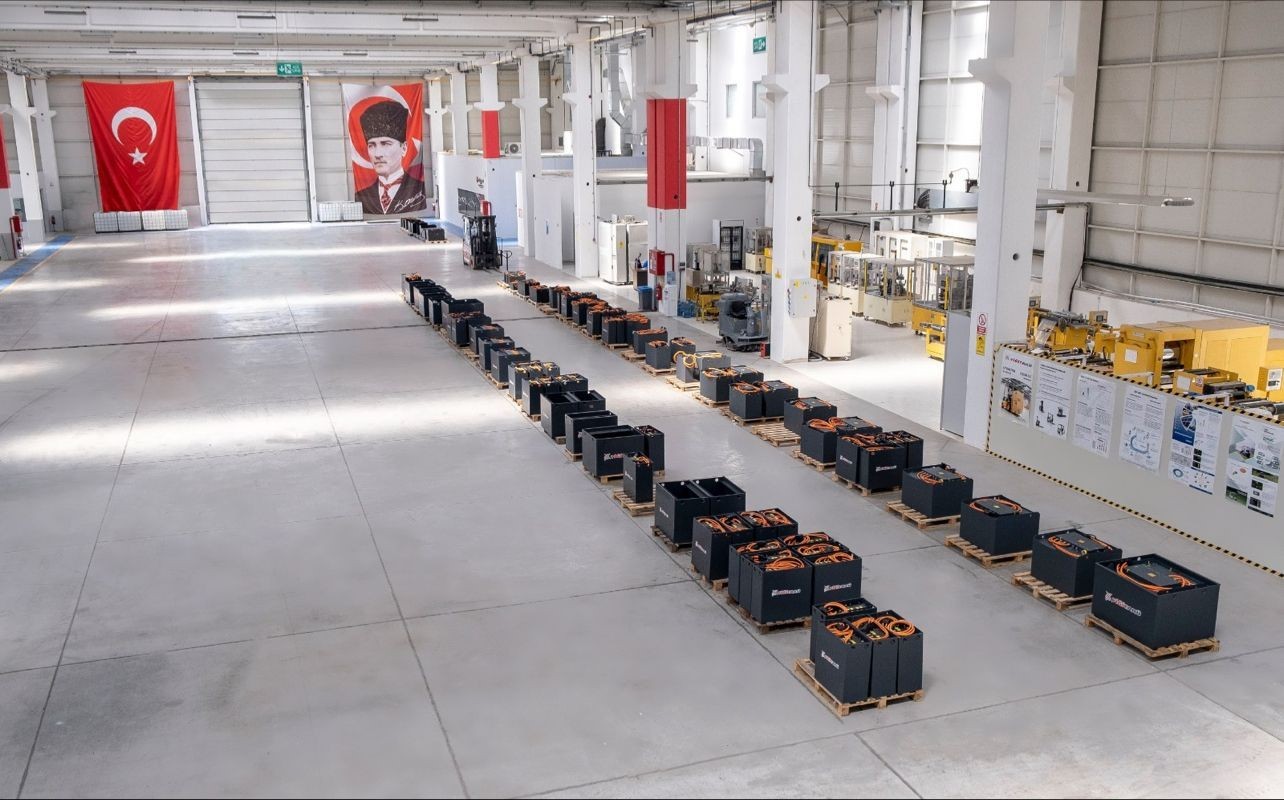BASİC COMPONENTS OF ADVANCED TECHNOLOGY LİTHİUM BATTERY
29 Şubat 2024 Energy is one of the indispensable needs in our daily lives. Today, everyone is turning towards uninterrupted and efficient energy storage solutions. With the development of technology, the energy needs of electric vehicles used intensively in the industry have made it necessary to develop batteries with high energy density.
The most important reason for lithium batteries to be preferred in the market for industrial type electric vehicles is that they should have superior features over conventional type batteries. If we talk about these superior features; long cycle numbers, no memory effect, high energy density, very low self-discharge can be listed.
There are batteries with a wide variety of chemistry in the market. However, the most widely used battery type among this variety is lithium-based batteries.
What is the Basis of Lithium Battery?
In lithium batteries, cells in LiFePO4 (lithium-iron-phosphate) chemistry are used extensively. The main reason for this is that LiFePO4 cell chemistry is safer, more stable and longer lasting than other cell chemistries. A lithium battery consists of several basic parts. If we take a look at the basic components of lithium batteries in general;
Cell
Cells consist of various components including cathode, anode, electrolyte and separator. The chemistry of cathode materials has an important place in determining cell properties. Therefore, cells are named according to the alloy in the cathode material. If we list the most known chemistries; Lithium Iron Phosphate (LFP), Lithium Nickel Manganese (NMC), Lithium Cobalt Oxide (LCO), Lithium Titanate (LTO).
.png)
Different cathode materials have advantages and disadvantages. The most suitable active material should be selected for the specific application. The energy density of the most widely used LFP (Lithium Iron Phosphate) battery is lower than other common lithium battery types such as (NMC) and (NCA) and also has a lower operating voltage. However, due to its high chemical stability, high safety, long cycle life and other factors, LFP batteries are preferred.
In addition to chemistry, batteries are also named differently according to the way they are assembled.
.png)
Cylindrical Type Cell
The cylindrical cell is produced by winding the components in the battery like a roll, placing them in a metal casing, filling the electrolyte and placing the pole head. While the simplicity of the electrode and cell design has the advantages of widespread use, it has disadvantages such as the need for high precision in the production phase and low thermal dissipation efficiency.
Prismatic Type Cell
In the prismatic cell, battery components such as anode and cathode are packaged by folding or stacking them on top of each other. While it has advantages such as high packaging efficiency and large surfaces for heat transfer, it has the disadvantage of requiring high precision in cell assembly steps.
Bag Type Cell
Bag type cell is packaged by folding or stacking battery components such as anode and cathode on top of each other like a prismatic cell. While it has the advantages of low packaging cost, high packaging efficiency, high thermal dissipation efficiency, good insulation resistance, high energy capacity, it has the disadvantage of requiring high precision in plate stacking steps.
BMS (Battery Management System)
In batteries with advanced technology, it is aimed to develop structures that increase operating performance and system reliability for both economic and safety reasons, to reduce battery-related failures and to get the highest efficiency from the battery. The Battery Management System (BMS) enables instantaneous monitoring of values such as current, voltage, temperature, charging status in Lithium Battery packs, and protection of the system by intervening in the system when optimal values are exceeded.

Yiğit Akü has developed lithium-based cells in many different chemistries under the Distalong brand name as a result of the R&D activities carried out since 2009 with its lithium battery production facility. Yiğit Akü serves leading companies in the sector with its plug-and-play lithium batteries designed especially for use in AGV/AMR, shuttle, forklift, pallet truck and stackers, which have a longer service life instead of traction (lead acid) batteries and can be charged in a short time to ensure maximum vehicle availability during long shifts / intensive working hours.
